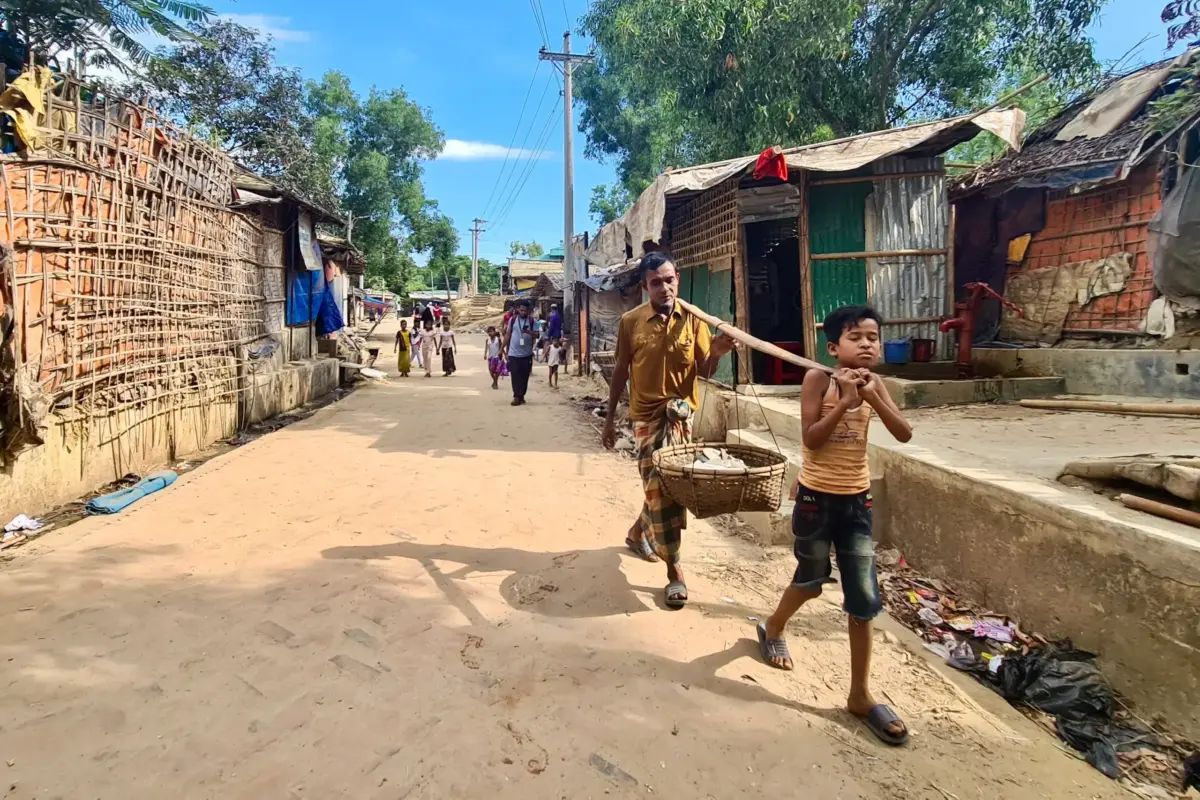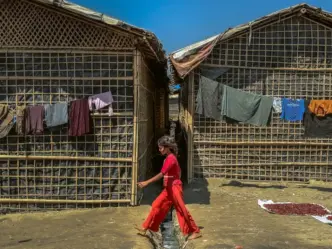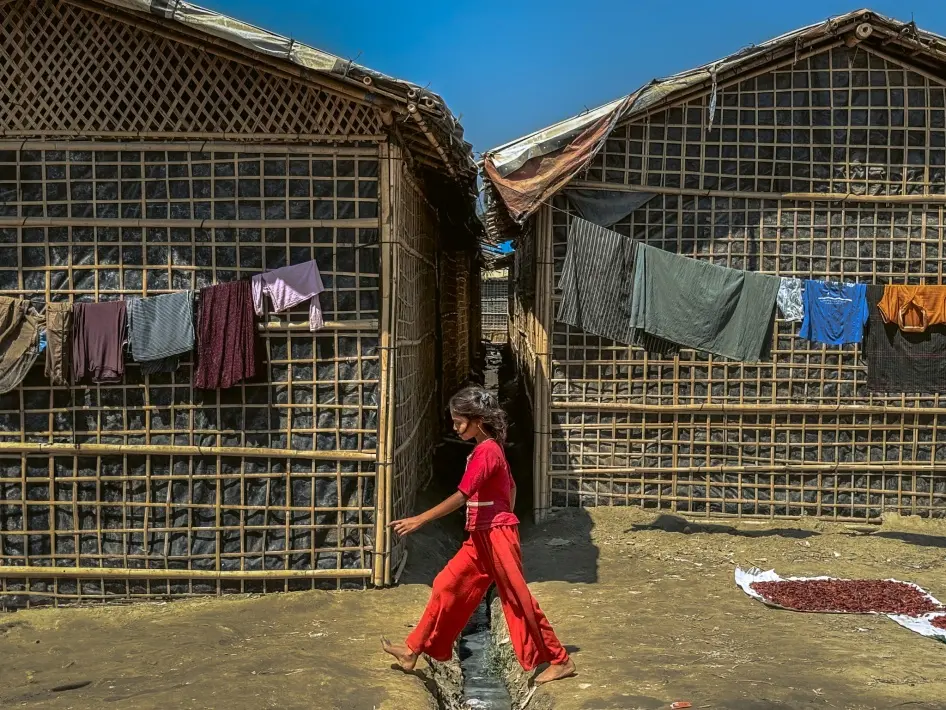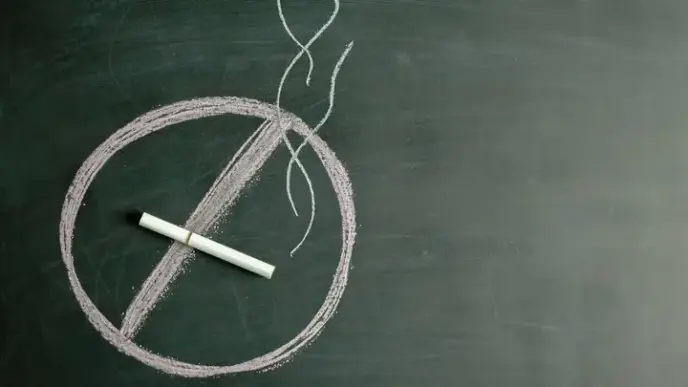The United Nations (UN) has issued an urgent warning that its ability to support children in Bangladesh’s Rohingya refugee camps is rapidly diminishing and could soon fall off a “funding cliff.” UNICEF said on Tuesday that conditions in the sprawling settlements are already critical and are expected to deteriorate further in 2026 as financial contributions decline.
Around one million Rohingya, mostly Muslims, fled a military crackdown in Myanmar’s Rakhine state in 2017 and now reside in the beachside town of Cox’s Bazar. Carla Haddad Mardini, UNICEF’s head of private fundraising and partnerships, said that the funding crisis threatens to undo years of progress for the refugee children. “It was disheartening to watch classrooms close, services shrink, and the futures of hundreds of thousands of children hanging by a thread,” she said after returning from the camps.

Education, water, sanitation, and hygiene programmes are among the hardest-hit services. The humanitarian strain has intensified since early 2024, when Bangladesh saw an influx of 150,000 additional Rohingya refugees. The crisis has been compounded by cuts in foreign aid, including from the United States, traditionally the largest donor, and tightening budgets in other major contributing countries.
Haddad Mardini warned that, despite efforts to merge programmes, increase efficiency, and localise support, “no amount of cost-cutting can offset such a deep decline.” She estimated that funding for the overall Rohingya response could drop by half by early 2026, leaving already fragile services further depleted.
The situation is exacerbated by rising security concerns, with 685 cases of child recruitment by armed groups recorded so far this year — more than five times the total for 2024. Severe acute malnutrition among children is now at its highest level since the crisis began in 2017. “Seeing an increase in recruitment is extremely worrying for the future,” Haddad Mardini said, highlighting the urgent need for sustained international support.


 Trending
Trending 











